Tea culture has a long history in China, and there are countless benefits to drinking tea. Therefore, many elderly people have developed the habit of drinking tea for health. However, experts remind us that everything has two sides, and there are taboos and considerations when it comes to drinking tea, especially for the elderly. Without moderation, drinking tea may actually be detrimental to their health. In general, elderly people should drink tea that is light rather than strong.
Firstly, strong tea can easily lead to anemia and osteoporosis in the elderly. Strong tea contains a large amount of tannic acid, which can form a complex with iron in the food that cannot be absorbed by the body, inhibiting the absorption of iron. In addition to inhibiting absorption, strong tea can also accelerate excretion, causing the loss of calcium in the body. The higher the concentration of tea that elderly people drink, the greater the possibility of fractures.
Secondly, drinking strong tea may affect the sleep quality of the elderly. As people age, there are various natural changes that lead to a decrease in sleep quality, such as reduced deep sleep, easy awakening at night, and daytime napping. Drinking strong tea can disrupt the autonomic nervous system, causing excitement in the elderly at night, reducing rest time, and increasing blood pressure.
Furthermore, drinking strong tea can increase the burden on the cardiovascular system, which is particularly difficult for the elderly to bear. The heart function of the elderly has already declined with age. However, tea is rich in caffeine. Regular consumption of strong tea can cause increased heart rate, palpitations, chest tightness, dizziness, and other symptoms.
Lastly, drinking strong tea is not beneficial to the digestive system of the elderly. The tannic acid in strong tea inhibits the secretion of gastric juice, impeding digestion. This can cause discomfort in the stomach and intestines, loss of appetite, bloating, abdominal pain, and even conditions like habitual constipation and duodenal ulcers.
Therefore, doctors recommend that the elderly should avoid drinking strong tea, especially before meals, in the afternoon, and before bed. It is best to drink tea about 20 minutes after a meal, as this can aid digestion, alleviate greasiness, and cleanse the intestines and stomach. In terms of the types of tea, black tea is preferred, and oolong tea can have diuretic effects and is also suitable for the elderly. However, green tea is cool in nature and is not suitable for elderly people with weak stomachs or constipation.




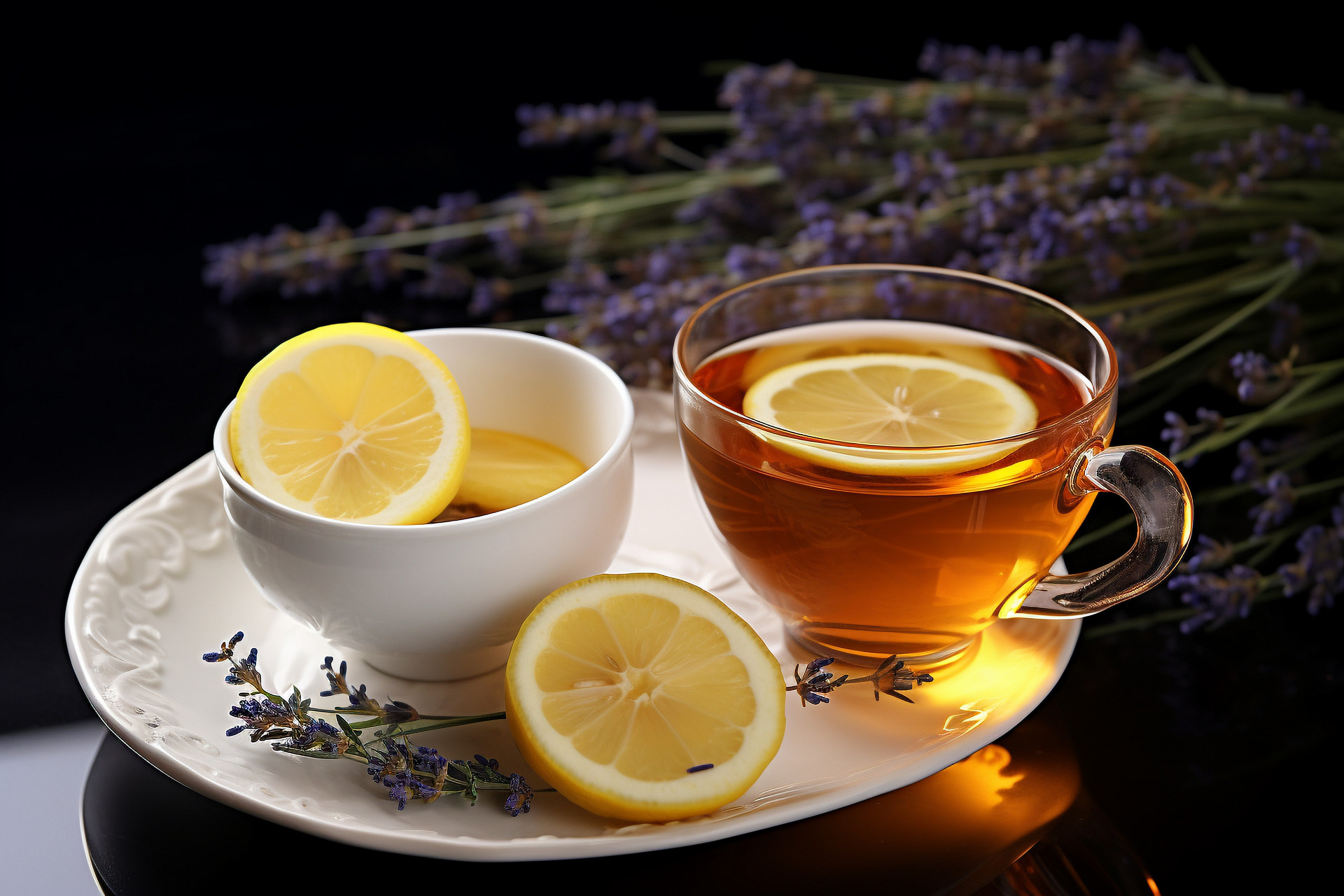
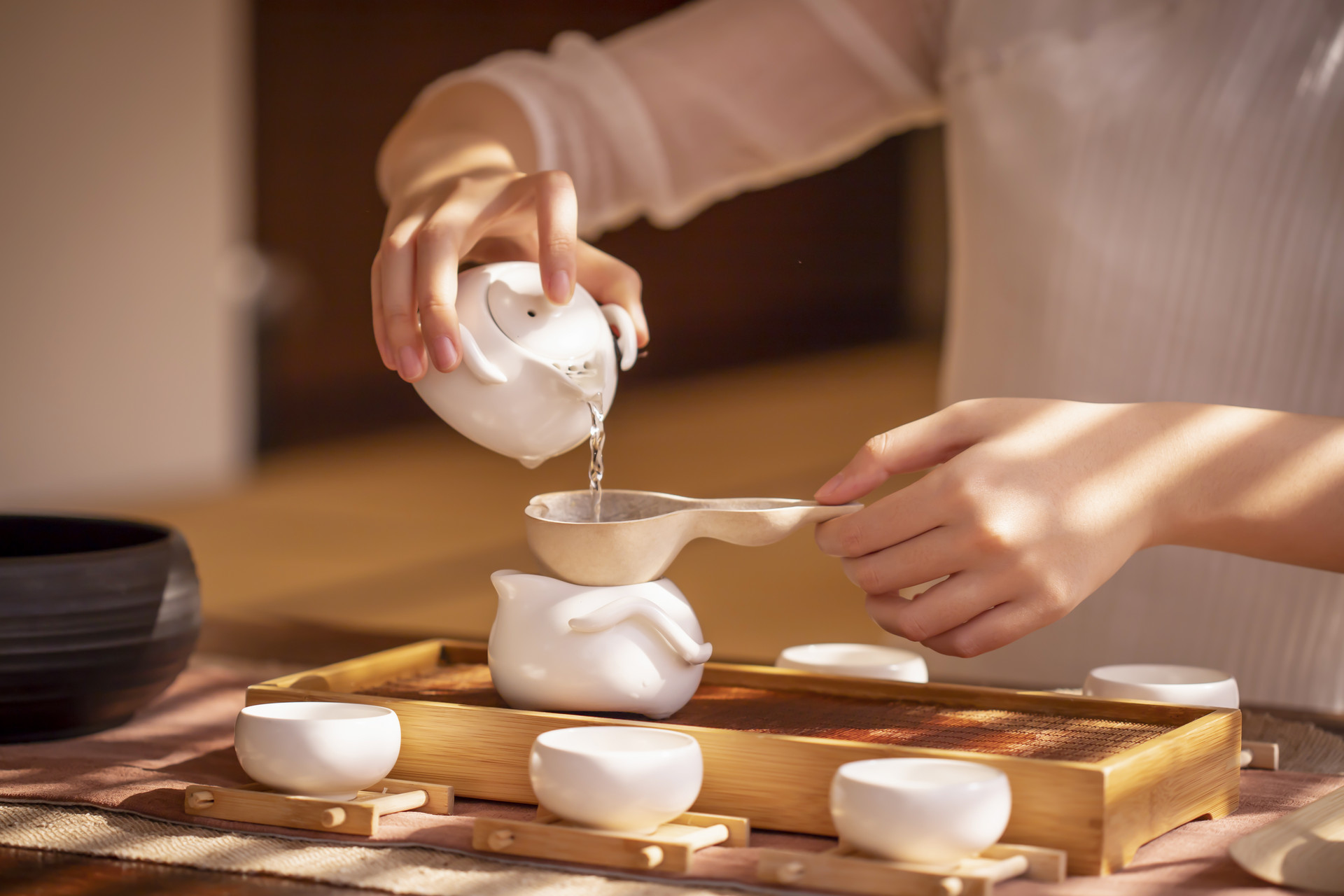
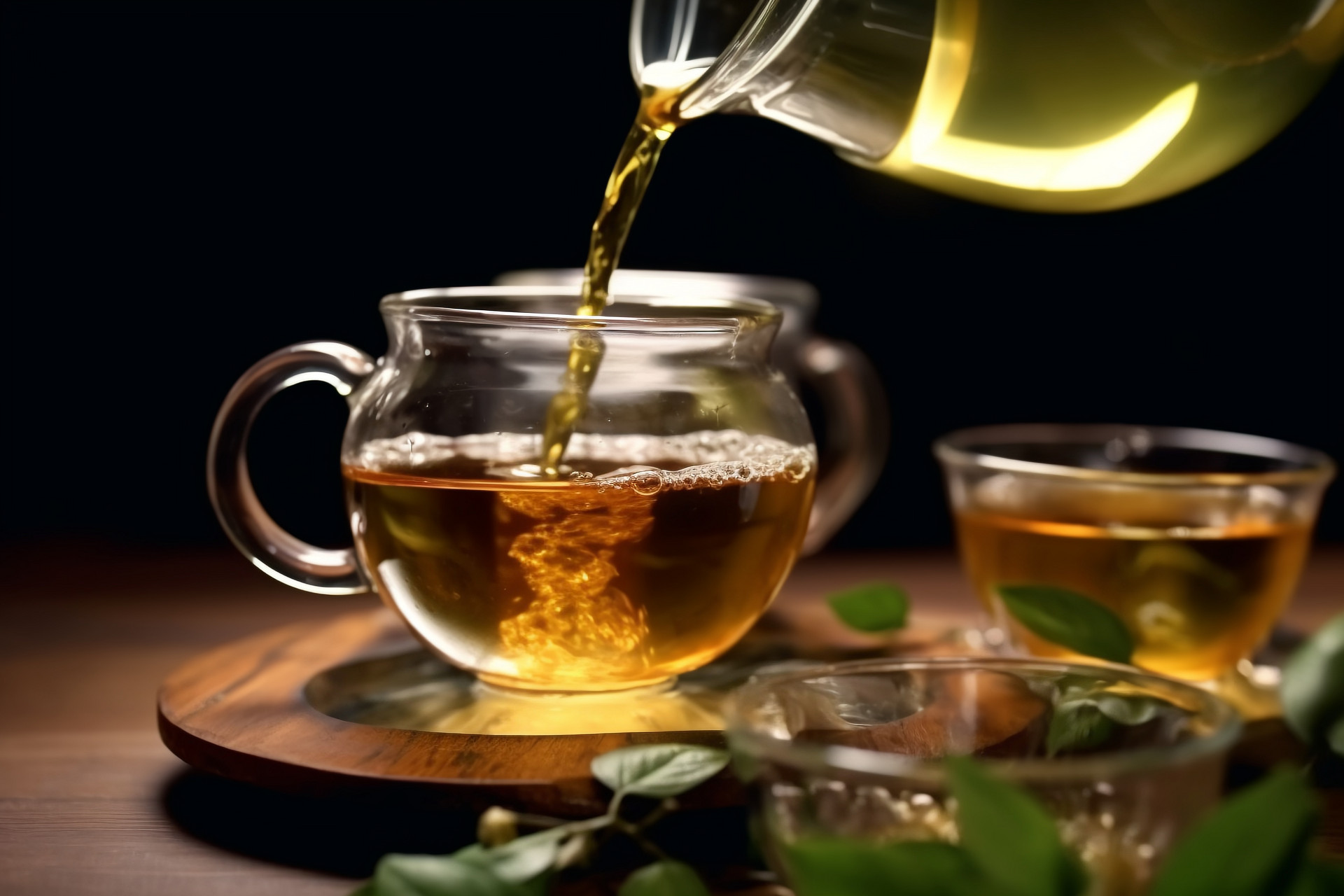

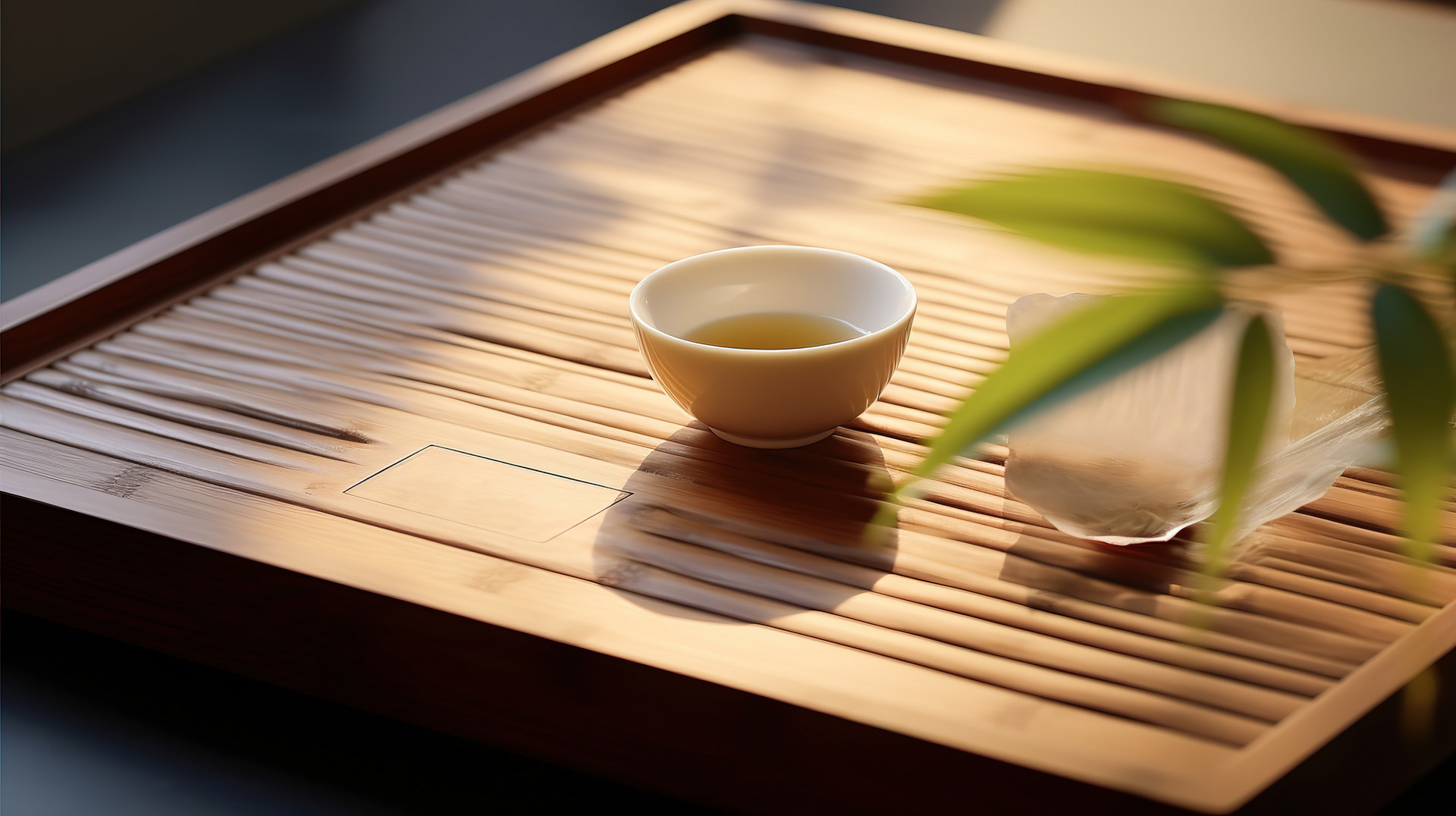
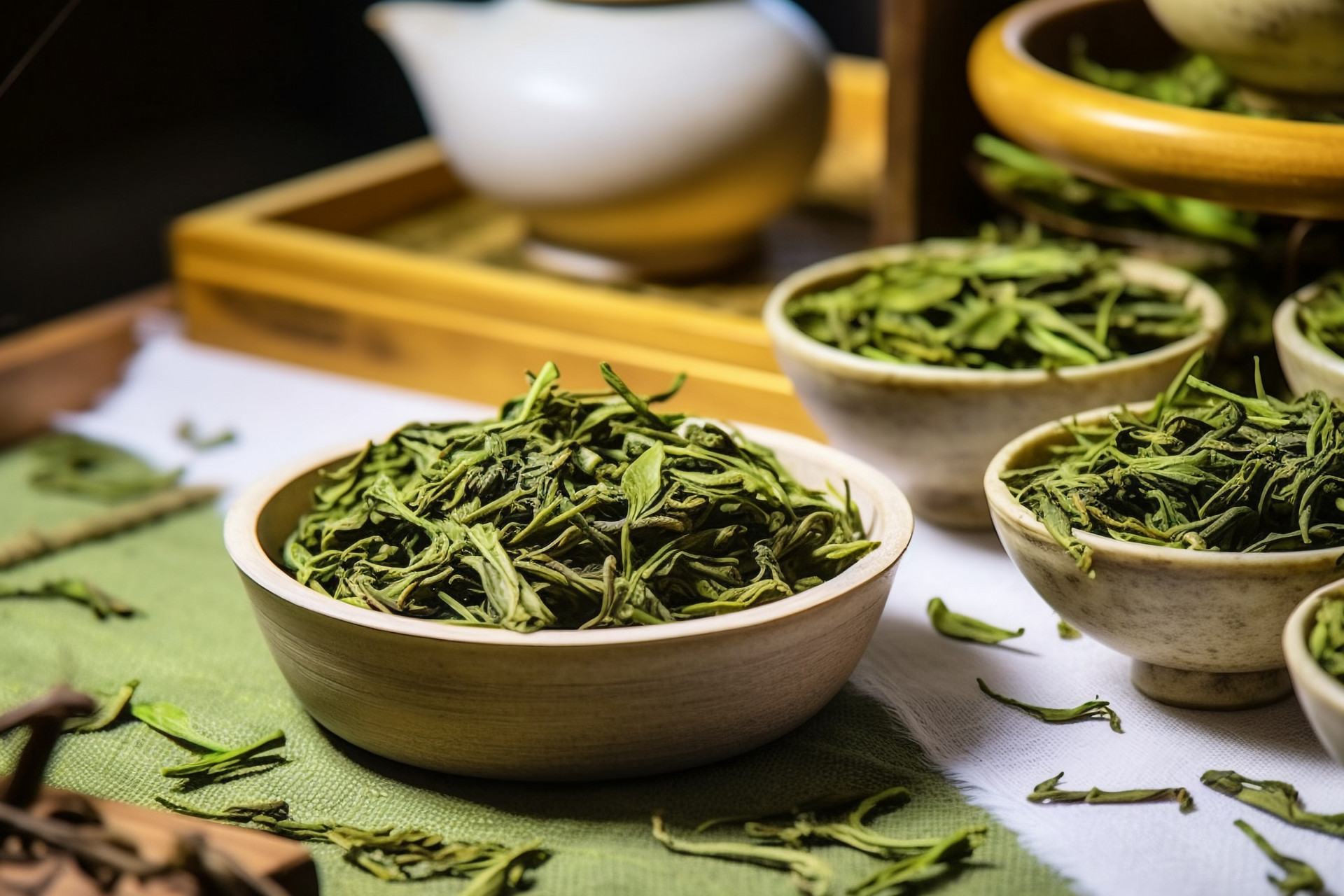
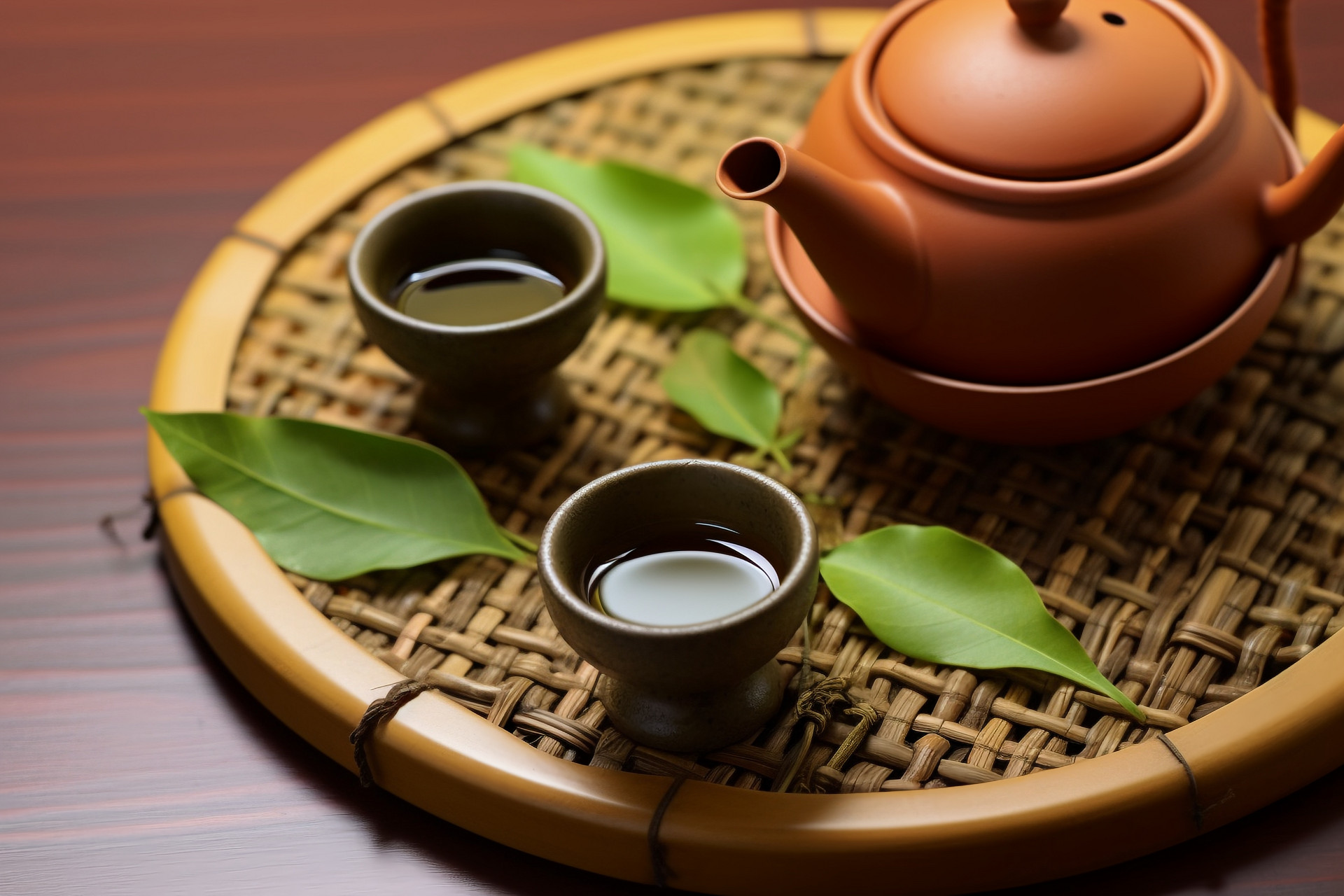
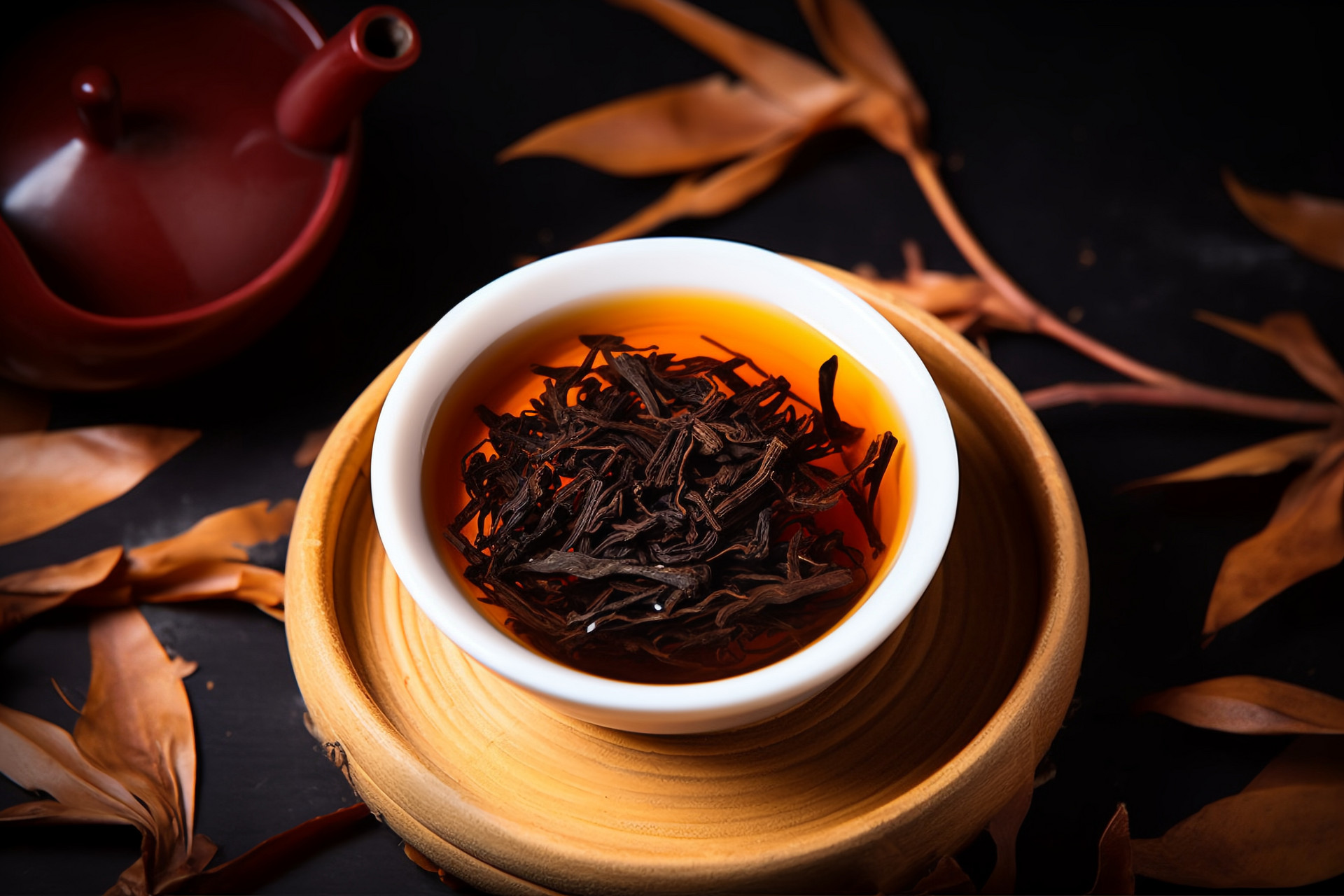
![[Herbal Wine Recipes for Health and Beauty]](https://tcmmaintenance.com/uploads/20240715/7241f6b6eafdaed88c28b26a37213964.jpg)